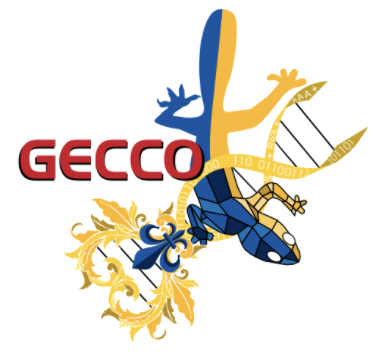Call for Papers
In many real-world optimisation problems evaluating the objective function(s) is expensive, perhaps requiring days of computation for a single evaluation. Surrogate-assisted optimisation attempts to alleviate this problem by employing computationally cheap 'surrogate' models to estimate the objective function(s) or the ranking relationships of the candidate solutions.
Surrogate-assisted approaches have been widely used across the field of evolutionary optimisation, including continuous and discrete variable problems, although little work has been done on combinatorial problems. Surrogates have been employed in solving a variety of optimisation problems, such as multi-objective optimisation, dynamic optimisation, and robust optimisation. Surrogate-assisted methods have also found successful applications to aerodynamic design optimisation, structural design optimisation, data-driven optimisation, chip design, drug design, robotics and many more. Most interestingly, the need for on-line learning of the surrogates has led to a fruitful crossover between the machine learning and evolutionary optimisation communities, where advanced learning techniques such as ensemble learning, active learning, semi-supervised learning and transfer learning have been employed in surrogate construction.
Despite recent successes in using surrogate-assisted evolutionary optimisation, there remain many challenges. This workshop aims to promote the research on surrogate assisted evolutionary optimisation including the synergies between evolutionary optimisation and learning. Thus, this workshop will be of interest to a wide range of GECCO participants. Particular topics of interest include (but are not limited to):
- Bayesian optimisation.
- Advanced machine learning techniques for constructing surrogates
- Model management in surrogate-assisted optimisation
- Multi-level, multi-fidelity surrogates
- Complexity and efficiency of surrogate-assisted methods
- Small and big data-driven evolutionary optimisation
- Model approximation in dynamic, robust and multi-modal optimisation
- Model approximation in multi- and many-objective optimisation
- Surrogate-assisted evolutionary optimisation of high-dimensional problems
- Comparison of different modelling methods in surrogate construction
- Surrogate-assisted identification of the feasible region
- Comparison of evolutionary and non-evolutionary approaches with surrogate models
- Test problems for surrogate-assisted evolutionary optimisation
- Performance improvement techniques in surrogate-assisted evolutionary computation
- Performance assessment of surrogate-assisted evolutionary algorithms
We invite short papers of up to 8 pages (excluding references) presenting novel developments in one or more of these areas, or other areas relevant to surrogate-assisted evolutionary optimisation. We welcome position papers of up to 2 pages (including references) showcasing exciting exploratory and preliminary results.
We also welcome proposals for short demonstrations or presentations (5-10 minutes) on the following topics:
- Surrogate-assisted optimisation in real world
- Contemporary test problems in surrogate-assisted optimisation
- Other relevant accepted GECCO papers or recent journal papers
